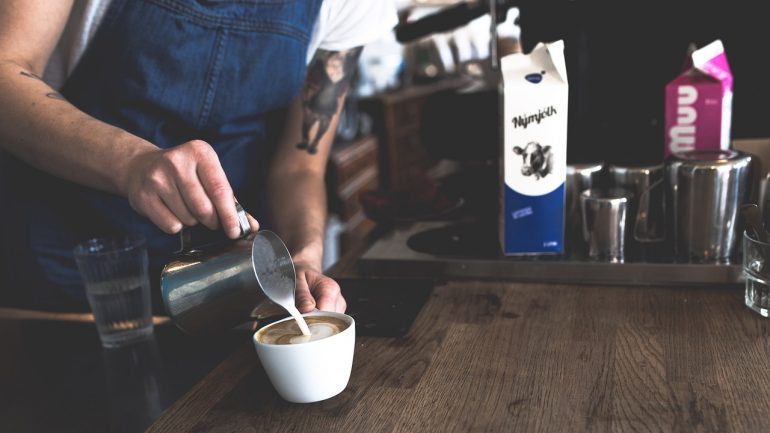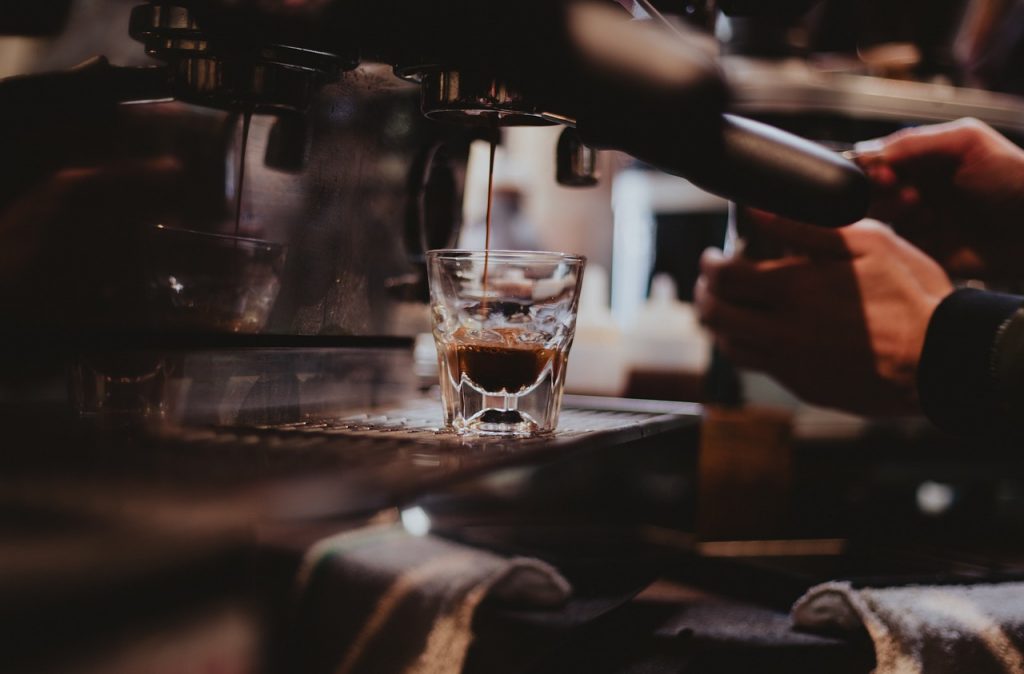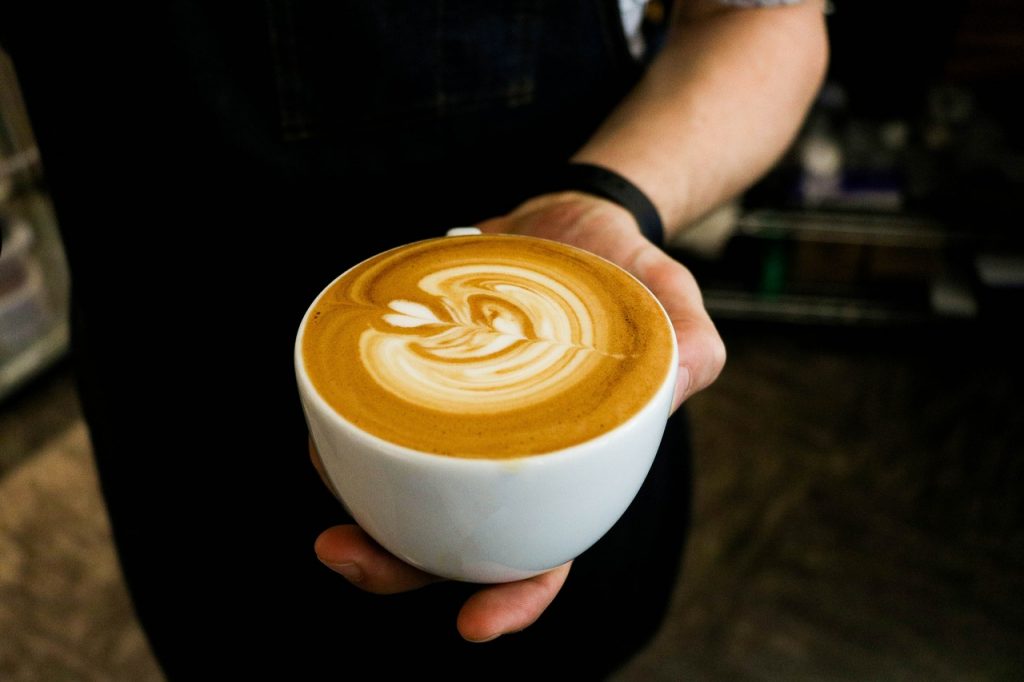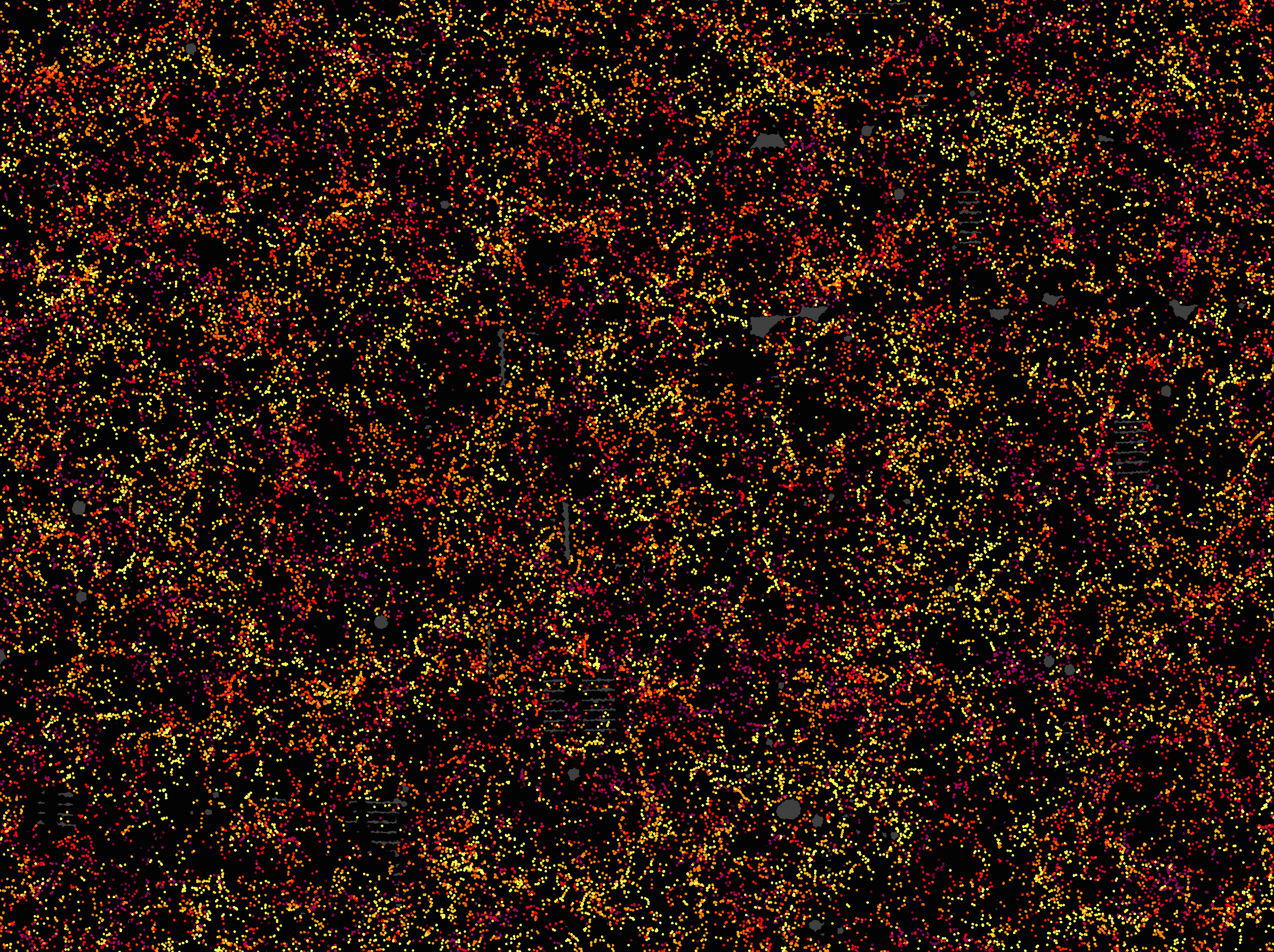It depends on what you’re going to a barista course for – of course you can go and experience how to make a coffee in many different ways and learn about the history of coffee. If you’re going into the field of being a coffee connoisseur then usually, depending on the company – you will receive training. If you’re doing it for pleasure and are interested, then there’s no harm done.
Barista Training
When you’re in barista training you will learn about the basics of coffee, the production, the tools – the essentials of coffee. The best way to start is to have the correct mindset for learning, if you have a clear love for coffee and willing to put in the hours to learn then you should be fine. With any barista course you will be getting hands on practice during the lessons, which are usually in a relaxed and engaging environment. If you’re planning on starting a small, independent coffee shop then its best to have a lot of experience with coffee and making coffee itself. Once you then know a great deal about coffee, you can then relate that to customers and understand what a consumer will like and dislike.
You will learn the ways of perfect presentation, other than great tasting coffee – as the expression goes “We eat with our eyes”; meaning visually it has to look stunning for anyone, or customer to want to drink it. Latte art is where you will start, the patterns you can create with the milk you’re presented with to bond the foam together to make beautiful patterns from, hearts to ocean like ripples – which will bring more attraction to your coffee. The baristas will teach you the skill of brewing, and latte art, so hopefully by the end you will be a pro.
Advanced training
An advanced training course will cover theory work, rather than the core basics – as you will most likely know of them already, especially if you have already gone through that type of training prior to an advanced course. Brewing methods is one of the many skills you will cover in more depth with scales, timers and ratios to create your own brew recipes. Grinding techniques on how to dial-in specific, more perfected recipes or if you’re alternative filter brewing equipment, it can vary to what you use as an alternative.
The main parts are covered above, another is milk, of course milk being the main ingredient to a great cup of coffee, but what the advanced process wills how you is brewing alternative milks like, Soya, Oat and other plant-based milks as its likely they brew, and heat differently than cow’s milk – with milk, you will also learn to create more advanced patterns and art. The last being quality control, your palette will be tested to identify issues with the coffee you’re tasting and mistakes depending on what the instructor has told you – the instructor might try and trick you into thinking the wrong ingredient, you must learn the taste of all types of ingredients.
Conclusion
It really does depend on what field you’re going into to want to do either. If you’re starting work in a coffee shop and are passionate about coffee then asking for extra courses to further your learning. It depends on what you’re going to a barista course for – of course you can go and experience how to make a coffee in many different ways and learn about the history of coffee, which is what this London barista training course will teach you. It can also help if you want to later in life own a coffee shop.







